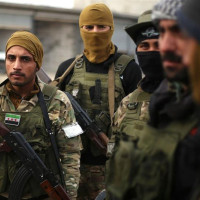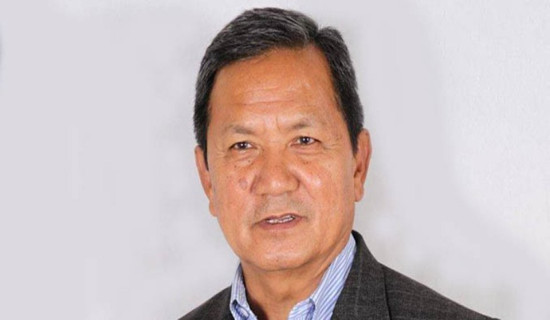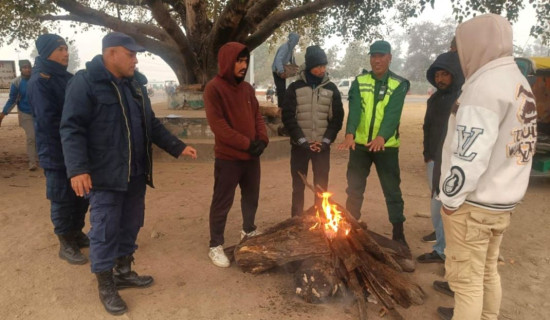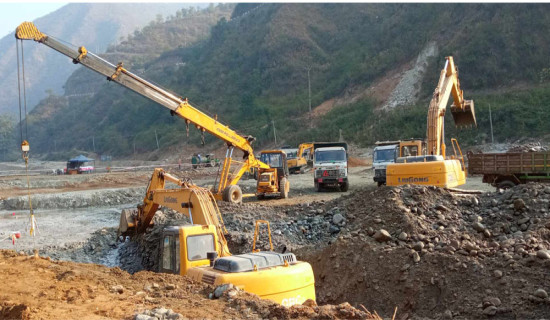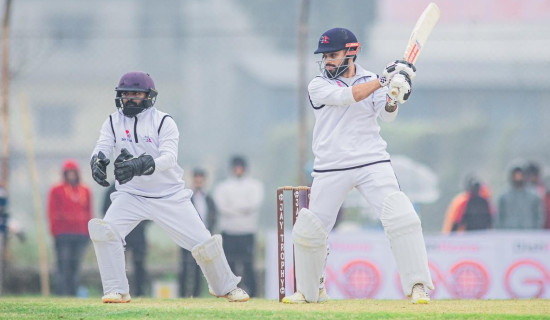- Thursday, 9 January 2025
Nepal, World Bank sign accord to improve water supply, sanitation
By A Staff Reporter Kathmandu, July 14: The government and the World Bank signed an agreement for US$80 million (approximately Rs. 10 billion) concessional loan for a project to improve the delivery of water and sanitation services and promote integrated water resources management.
Finance Secretary Madhu Kumar Marasini and the World Bank Country Director for Maldives, Nepal, and Sri Lanka, Faris Hadad-Zervos have signed the agreement on behalf of their respective institutions.
“Our overarching priorities are guided by the objective of achieving sustainable and inclusive growth in alignment with federalist principles enshrined in the Constitution of Nepal.
The project will support the provision of much-needed water supply and sanitation services to underserved and vulnerable communities, ensure better water sector coordination, and promote higher water quality and service standards,” said Marasini.
The Water Sector Governance and Infrastructure Support Project will be implemented in strategic towns and rural municipalities in Karnali and Sudurpashchim provinces, according to a press statement of the WB.
Both provinces have low access to water supply and sanitation services, a higher incidence of poverty, and are vulnerable to climate change.
“This project will help strengthen the delivery of water and sanitation services at the local level by building the capacity of municipalities, while at the same time addressing critical gaps in water and sanitation infrastructure to support Nepal’s economic progress and a green, resilient, and inclusive development,” said Faris Hadad-Zervos, World Bank Country Director for Maldives, Nepal, and Sri Lanka.
The project will help the local governments develop viable institutions to deliver water supply and sanitation services sustainably and efficiently.
The project will also strengthen the accountability of the sector to customers by building the monitoring and regulatory capacity of provincial and federal government agencies in the sector.
These will be complemented by investments in construction and rehabilitation of vital water supply and sanitation infrastructure, as well as water-quality surveillance facilities and monitoring systems.

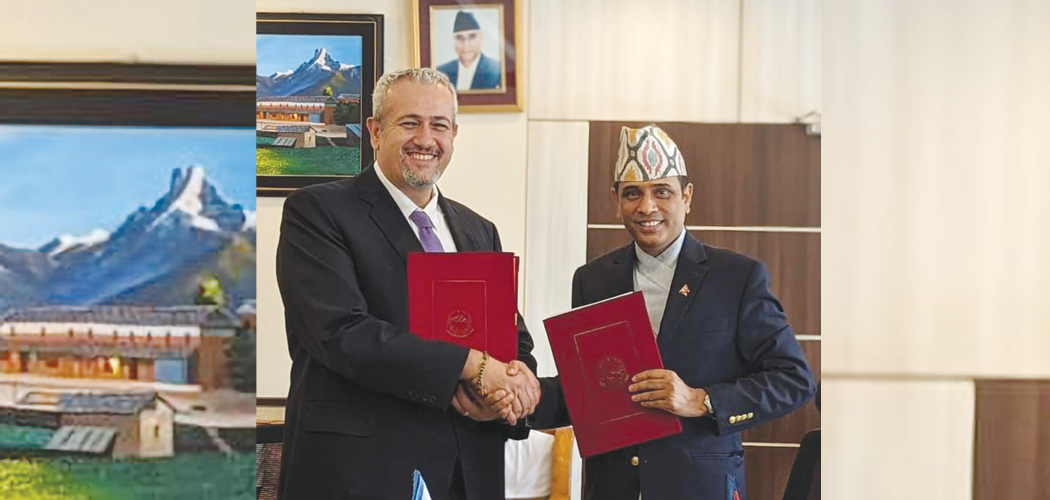


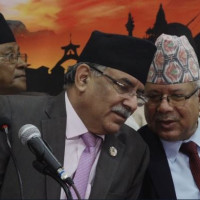
-(1)-square-thumb.jpg)
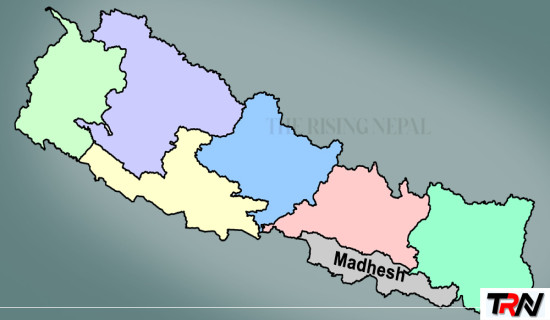
-square-thumb.jpg)
